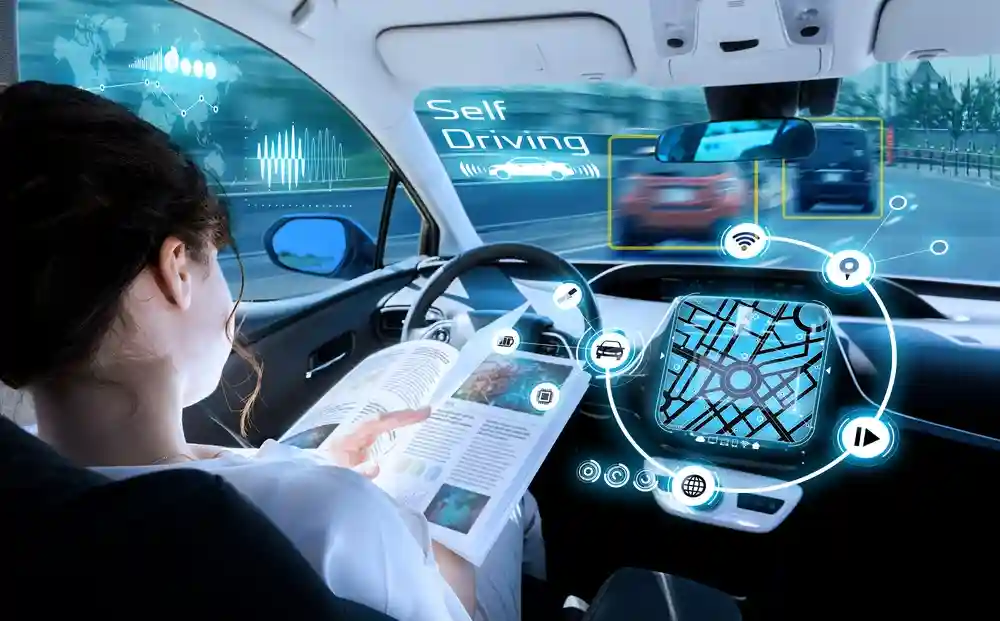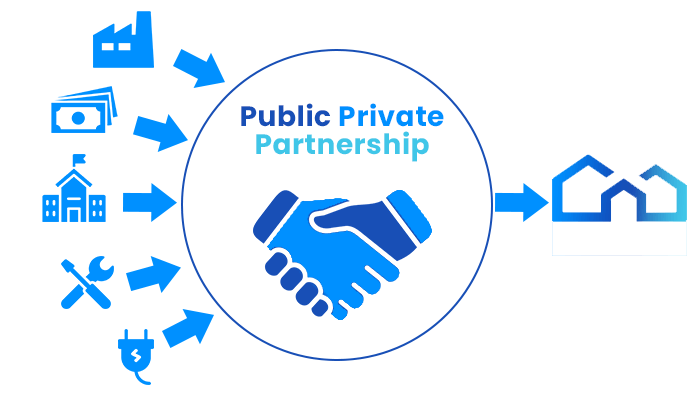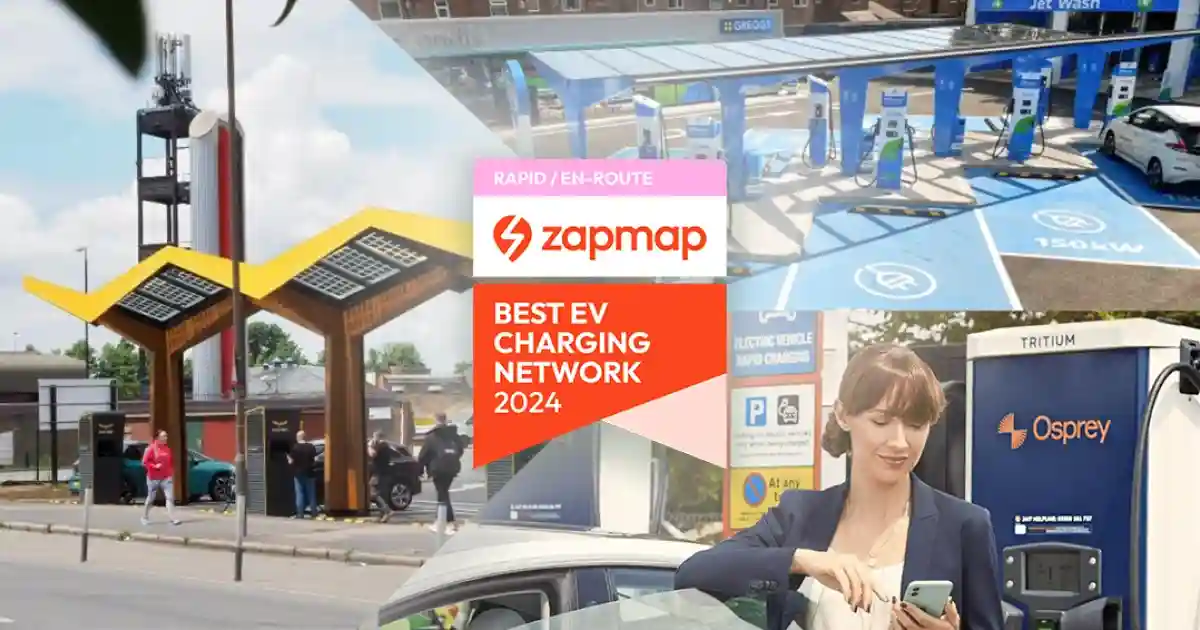What Is Special Education?
Mia Wilson

Photo: What Is Special Education?
What Is Special Education? A Comprehensive Guide
Introduction
Special education is a vital component of modern educational systems, providing tailored support to students with diverse learning needs. It encompasses a range of services designed to ensure that every child, regardless of their abilities or disabilities, receives an equitable and quality education. In this article, we will explore what special education entails, its history, key principles, benefits, and the challenges it faces.
Understanding Special Education
Special education refers to specially designed instruction that caters to the unique needs of students who have physical, cognitive, emotional, or developmental disabilities. Unlike general education, special education involves customized teaching methods, specialized equipment, and individualized educational plans (IEPs) to address specific learning requirements.
Key Characteristics of Special Education
- Individualized Instruction
Special education focuses on creating tailored learning experiences based on the strengths and weaknesses of each student. This personalized approach ensures that students can progress at their own pace. - Inclusive Classrooms
In many schools, special education programs aim to integrate students with disabilities into general education classrooms. This inclusion fosters social interaction and helps all students develop empathy and respect for differences. - Specialized Support Services
Support services such as speech therapy, occupational therapy, and counseling are integral to special education. These services help address a range of needs beyond academic learning.
A Brief History of Special Education
The concept of special education has evolved significantly over the past century. Historically, children with disabilities were often excluded from traditional schools. However, growing awareness and advocacy for disability rights led to significant legislative changes.
Milestones in Special Education
- The Individuals with Disabilities Education Act (IDEA)
Enacted in 1975, IDEA ensures that all children with disabilities have access to a free and appropriate public education. It mandates the development of IEPs and emphasizes parental involvement in the educational process. - Section 504 of the Rehabilitation Act (1973)
This law prohibits discrimination against individuals with disabilities in any program receiving federal funding, including schools. It laid the groundwork for inclusive educational practices. - The Americans with Disabilities Act (ADA)
Passed in 1990, the ADA extended the protection of rights for individuals with disabilities beyond education, covering all public and private spaces.
The Principles of Special Education
Special education operates on several core principles that guide its implementation in schools. These principles are essential to ensuring fairness and equality in educational opportunities.
1. Zero Reject
No child with a disability can be denied access to education. This principle underscores the importance of inclusion and equitable treatment in schools.
2. Free and Appropriate Public Education (FAPE)
Under IDEA, schools must provide education that is tailored to the individual needs of students with disabilities at no cost to families.
3. Least Restrictive Environment (LRE)
Students with disabilities should be educated alongside their non-disabled peers whenever possible. The goal is to promote inclusion while providing necessary support.
4. Individualized Education Program (IEP)
An IEP is a legally binding document outlining the specific educational goals and support required for a child with a disability. It is developed collaboratively by teachers, parents, and specialists.
5. Procedural Safeguards
Parents and students have the right to be involved in the educational decision-making process. Procedural safeguards protect these rights and provide avenues for resolving disputes.
Benefits of Special Education
Special education plays a crucial role in helping students with disabilities achieve their potential. The benefits extend beyond academic success, impacting personal development and social integration.
- Improved Learning Outcomes
With individualized support, students can overcome learning barriers and achieve significant academic progress. - Enhanced Confidence and Self-Esteem
Tailored teaching methods and supportive environments help students build confidence in their abilities, fostering a positive attitude toward learning. - Better Social Skills
Inclusion in general classrooms helps students with disabilities develop social skills, improving their ability to interact with peers and participate in society. - Parental Involvement
Special education encourages active parental involvement, creating a partnership between families and schools to support the child’s learning.
Challenges in Special Education
Despite its benefits, special education faces several challenges that hinder its effectiveness. Addressing these issues is critical to improving the system.
1. Resource Constraints
Many schools lack the resources necessary to provide comprehensive special education services, such as trained staff, adaptive technologies, and specialized classrooms.
2. Teacher Training
Special education teachers require specialized training to handle the unique needs of their students. However, a shortage of qualified professionals remains a pressing concern.
3. Stigma and Misunderstanding
Students in special education programs often face stigma from their peers and society. This can impact their self-esteem and willingness to participate in school activities.
4. Policy Implementation Gaps
While legislation mandates inclusive education, inconsistent implementation across schools and districts leads to disparities in the quality of special education services.
Future Trends in Special Education
The future of special education is likely to be shaped by advancements in technology, policy reforms, and evolving educational practices.
- Assistive Technology
Devices such as speech-to-text tools, adaptive software, and augmented reality applications are transforming how students with disabilities learn and communicate. - Universal Design for Learning (UDL)
UDL is an approach that aims to make learning accessible to all students by incorporating flexible teaching methods and materials. - Increased Advocacy and Awareness
Growing awareness about disability rights is likely to drive more inclusive policies and practices in education.
Conclusion
Special education is a cornerstone of an inclusive and equitable educational system. By addressing the diverse needs of students with disabilities, it not only improves learning outcomes but also fosters empathy, respect, and social cohesion. While challenges remain, continued efforts in policy, training, and technological innovation hold promise for a more inclusive future. Ensuring that every child, regardless of ability, has access to quality education is not just a legal mandate it is a moral imperative.
For You
View AllExplore the revolutionary technology behind self-driving cars and how it’s transforming the automotive industry. Get informed today!
Mia Wilson
Unveil 7 hidden adventure destinations perfect for thrill-seekers. Escape the ordinary and discover your next great adventure.
Mia Wilson
Maximize your luggage space and save money with these packing hacks for budget travelers. Simplify your trips today!
Mia Wilson
Understand what public-private partnerships are and how they drive infrastructure development. Click to learn more!
Mia Wilson
Explore the top EV charging networks for seamless electric vehicle travel. Find the most reliable and widespread options today!
Mia Wilson
Explore the ultimate guide to top adventure destinations globally. Uncover thrilling activities and tips for an unforgettable journey!
Mia Wilson
Education
View All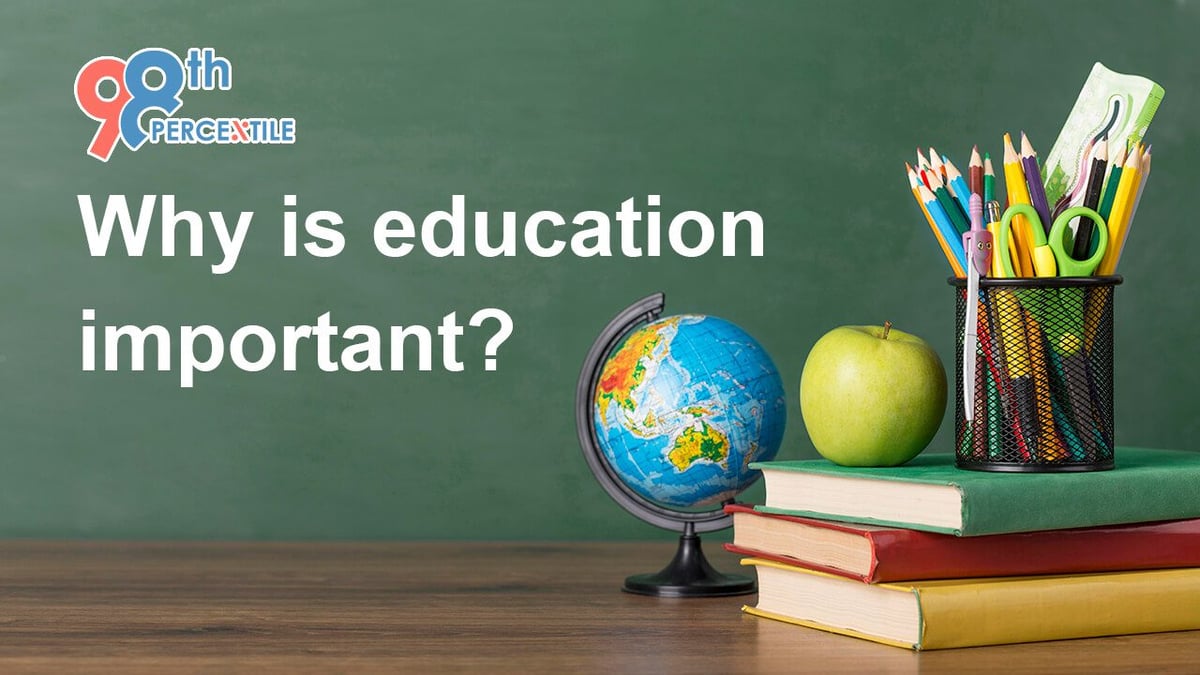
April 16, 2025
Why Is Education Important?
Explore why education is vital for personal growth, career success, and societal progress. Start learning now!
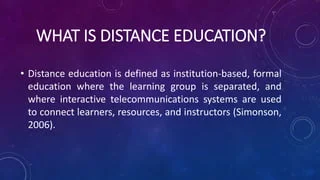
April 24, 2025
What Is Distance Education? Explained!
Discover how distance education works, its benefits, and how it’s transforming learning. Start your journey today!
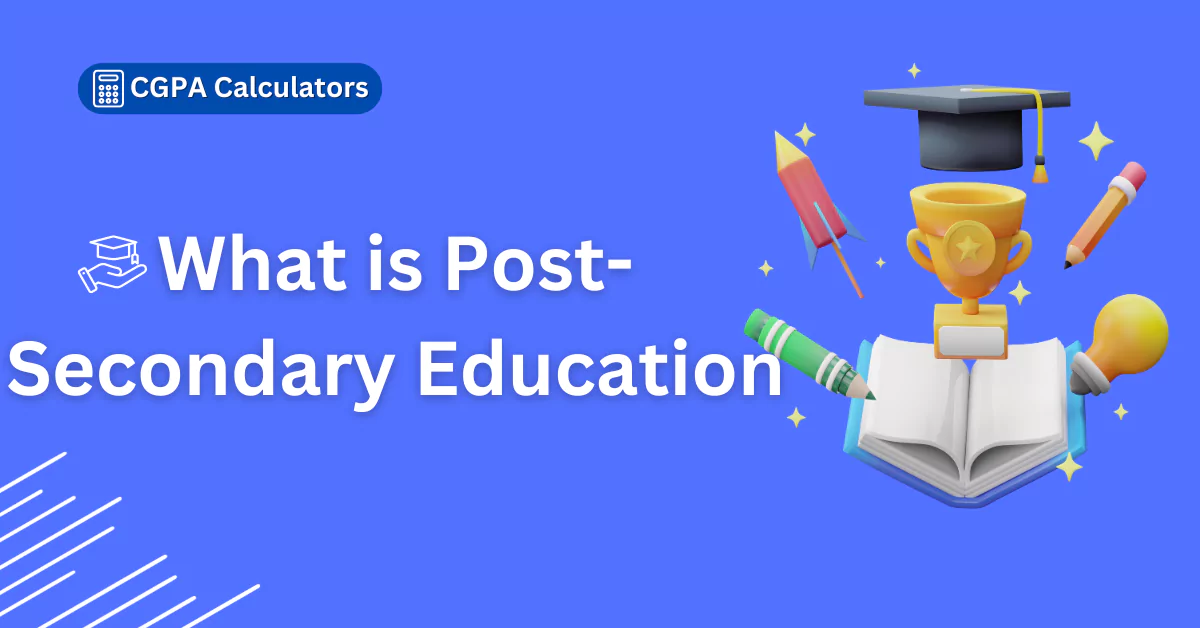
April 14, 2025
What Is Post-Secondary Education?
Understand post-secondary education, its types, and how it shapes careers. Start exploring your opportunities today!
